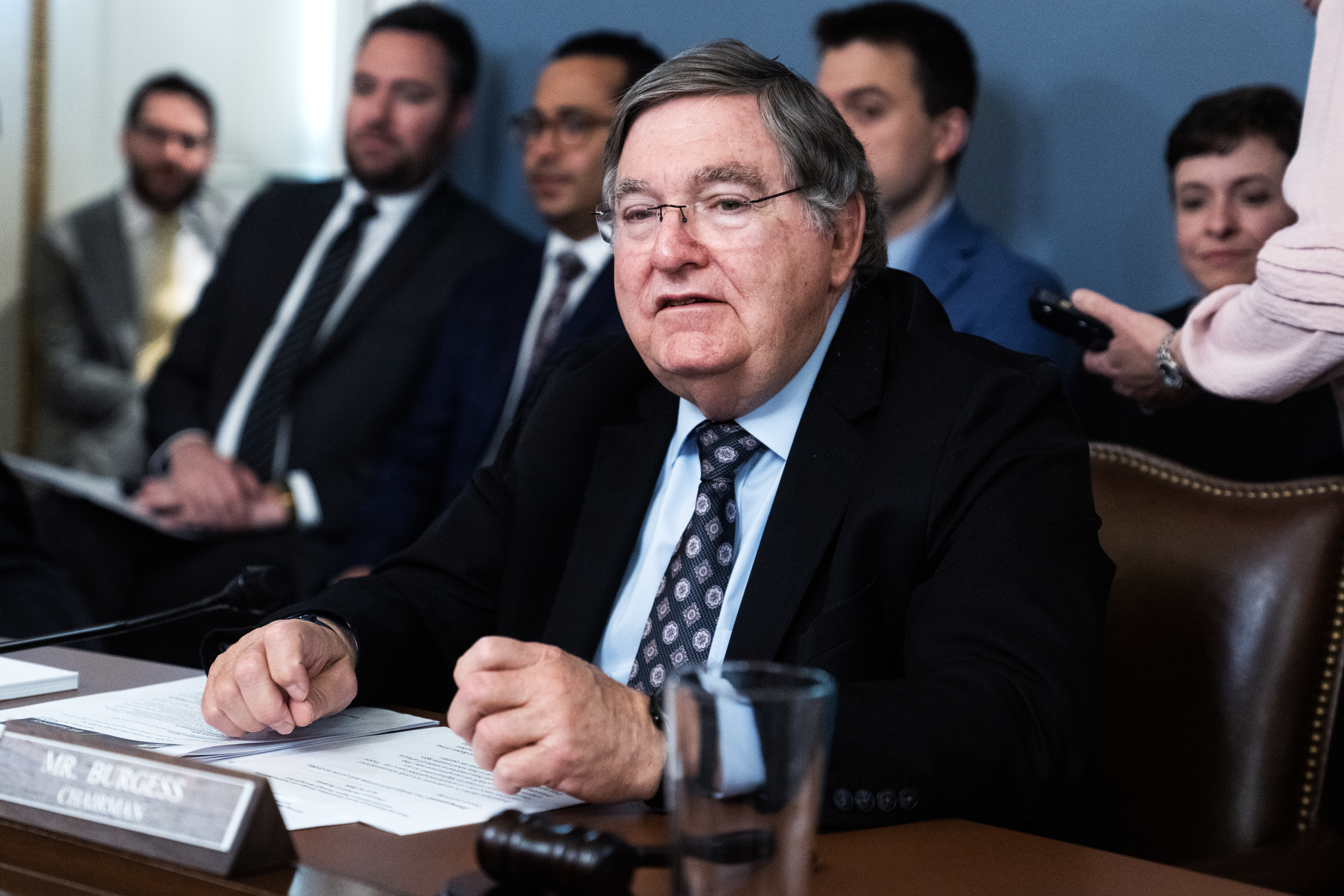A proposal to study the possibility of a statewide network that would pump water across vast Texas should be sidetracked until more immediate attempts at water conservation are examined, a top official in Texas' largest environmental group says.
"If we're going to do a study, we need a comprehensive study of how efficient we can become," said Ken Kramer, water resources chairman of the Lone Star Chapter of the Sierra Club.
The El Paso Times reported Sunday (http://bit.ly/1LGvPmf ) a proposed water grid study from two Republican state lawmakers -- Rep. Lyle Larson of San Antonio and Sen. Charles Perry of Lubbock -- failed in the most recent legislative session but remains a likely topic for lawmakers when they return in 2017.
Texas is facing water challenges amid huge population growth. Larson has described a proposed water grid as "major arterials to convey water throughout the state" and said it needed to be looked at "from a 50,000-foot view."
Local
The latest news from around North Texas.
Kramer likens such a huge infrastructure project to one narrowly defeated by Texas voters nearly a half century ago. In 1968, a $3 billion bond proposal to import Mississippi River water and distribute it throughout Texas failed by 6,600 votes.
The former president and CEO of the El Paso Water Utility, Ed Archuleta, says such a statewide water grid project is impractical because of costs.
Archuleta, now director of water resources at the University of Texas at El Paso, also says environmental regulations now on the books further complicate a statewide project.
State and federal water planners should do more to make conservation technologies -- like reusing water that comes out of wastewater treatment plants -- more attractive, he said. El Paso took advantage of a 15 percent federal innovation incentive when it built a water reclamation plant in 1985.
"That program went away in the 1980s," he said.
El Paso has experience in trying to move water over distances.
The water utility owns tens of thousands of acres near the Hudspeth-Culberson county line with plans to import groundwater 90 miles when population growth makes it necessary, now likely no sooner than 2050.
Just 90 miles, however, is far more expensive than conservation, recycling and desalination. El Paso has worked to achieve the lowest per-capital water usage in Texas and has the world's largest inland desalination plant.
"Importation is our last insurance policy," Archuleta said.
Copyright AP - Associated Press



